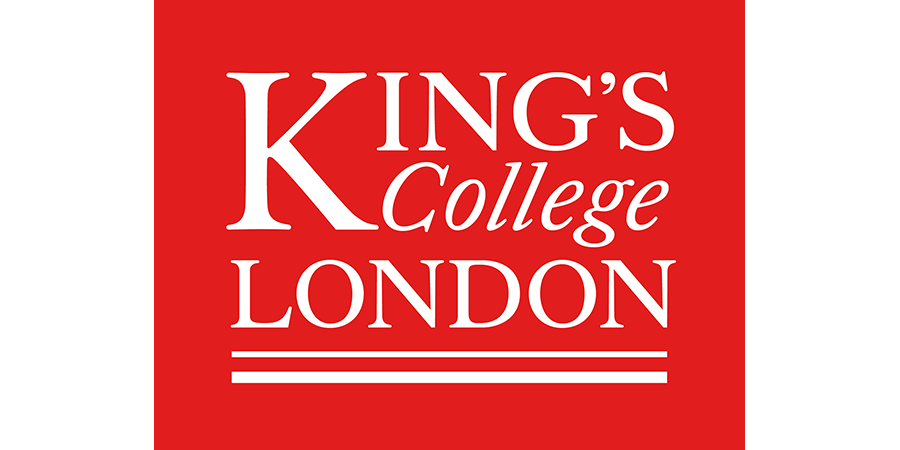Postdoctoral Research Associate
King's College London - Peter Gorer Department of Immunobiology
| Location: | London |
|---|---|
| Salary: | £44,355 per annum, including London Weighting Allowance |
| Hours: | Full Time |
| Contract Type: | Fixed-Term/Contract |
| Placed On: | 12th May 2025 |
|---|---|
| Closes: | 9th June 2025 |
| Job Ref: | 114825 |
About the role
The project is focused on combining artificial intelligence (AI)-based machine learning and experimental validation to decipher the mechanism of somatic hypermutation in antibody variable regions.
Background: Somatic hypermutation (SHM) of immunoglobulin variable (V) genes generates protective antibodies against pathogens and vaccine antigens. SHM also generates pathological autoantibodies causing autoimmune disease and drives lymphomagenesis by mutating proto-oncogenes. Although mutations occur at preferred DNA motifs, there is substantial variation in mutation frequency between motifs, leading to the hypothesis that there exists a sequence “grammar” regulating motif mutability. Our working hypothesis is that this grammar is dictated by intrinsic DNA features flanking the motifs. Deciphering this grammar could provide important insights guiding the clinical modulation of antibody evolution during infection, vaccination and autoimmunity.
Aim: To decipher the sequence grammar underlying SHM, we will use an AI-based machine learning approach to make predictions about genomic features linked with mutability, followed by experimental testing of these hypotheses in human B cells.
The candidate should have a PhD (or have submitted their thesis) in a relevant area of biological or biomedical sciences. They will be expected to design and conduct experiments independently, have excellent written and verbal communication skills, be highly collaborative, co-supervise students and contribute to laboratory management.
The project involves extensive molecular biology, tissue culture and genomics, hence experience in these areas is highly desirable. Knowledge of immunology, gene regulation and flow cytometry will be an advantage.
The project has a major computational component both for AI-driven modelling and predictions, and for bioinformatics analyses of wet-lab data. This will be performed by an excellent team of computational biologists with whom we have a long-standing collaboration. The candidate will have to work closely with the computational team for data analysis and interpretation.
This is a full-time post (35 hours per week), and you will be offered a fixed term contract until 30/04/2028.
About You
To be successful in this role, we are looking for candidates to have the following skills and experience:
Essential criteria
- PhD in biological or biomedical science *
- Strong publication record, as demonstrated by first author publication(s) in peer reviewed journals (preprints will also be considered)
- Experience in molecular biology (e.g. cloning), tissue culture and flow cytometry
- Some knowledge of methods in biochemistry (e.g. protein analyses) and gene regulation
- Ability to independently design and conduct experiments, analyse data, and present results professionally in written and verbal form
- Strong collaborative nature and willingness to help with mentoring students
- A high level of self-motivation and ability to work flexible hours and meet deadlines
* Please note that this is a PhD level role but candidates who have submitted their thesis and are awaiting award of their PhDs will be considered. In these circumstances the appointment will be made at Grade 5, spine point 30 with the title of Research Assistant. Upon confirmation of the award of the PhD, the job title will become Research Associate and the salary will increase to Grade 6.
Desirable criteria
- Knowledge of gene regulation, B cell biology and antibody diversification
- Experience with genomics and next-generation sequencing
- Basic bioinformatics skills.
Advert information
Type / Role:
Subject Area(s):
Location(s):









